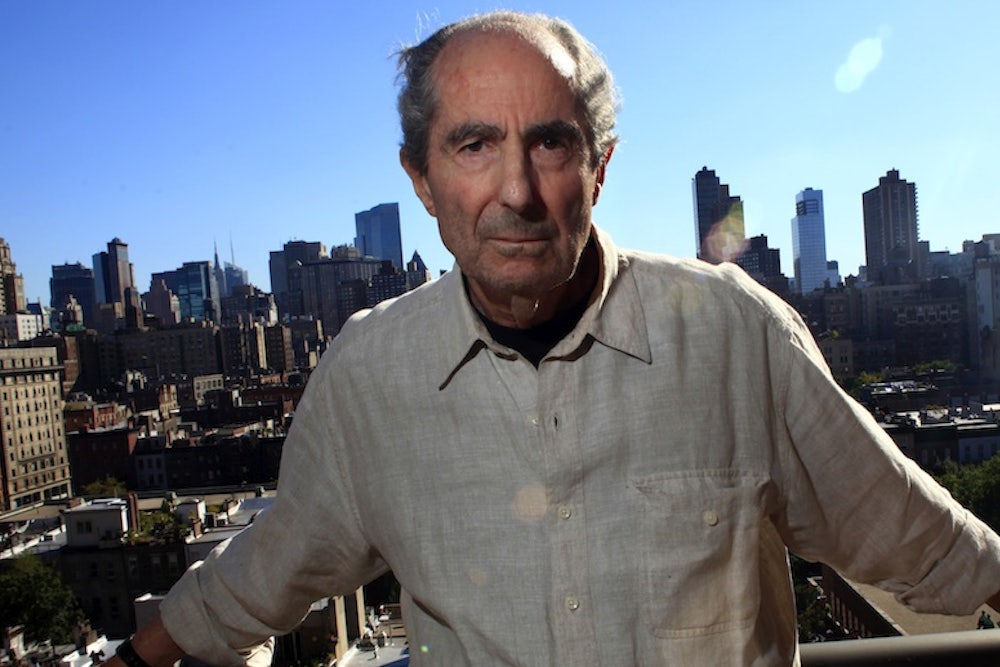This morning the Nobel Committee announced that Patrick Modiano, a French novelist and intellectual, has won the 2014 Nobel for Literature. Critic Sarah Weinman’s tweet just about summed up the immediate reaction:
Modiano reactions: alternating between "he didn't deserve it!" (French) and "who?" (Rest of world)
— Sarah Weinman (@sarahw) October 9, 2014
I confess, I had never heard of Modiano before today. Chances are, most of the American reading public hadn’t heard of him, either. Ladbrokes, the betting agency everyone cites (despite a less-than-stellar track record) had pegged Haruki Murakami and Kenyan novelist Ngugi Wa Thiong'o as the contenders most likely to win the prize. Neither won. The like-clockwork Twitter banter this week revolved around the incredibly rich, immensely successful, every-other-prize-winning, surely self-satisfied Philip Roth. He didn’t win either, and became, for perhaps the thirty-second continuous prize season, “the most gleefully talked about loser of the year.”
Last year, when Alice Munro—the living master of the short story—was awarded the Nobel, the murmurs of dissatisfaction were much quieter. Munro, you see, is widely read in America. She’s a (well-deserving) darling of The New Yorker. She is, in short, popular. And for some reason, the masses want affirmation more than recognition from their literary prizes.
So if you've found yourself confused, or grieving, or downright apopletic, here's a guide to getting over your Nobel disappointment.
Take a few moments to yourself. I know this is the World Cup for us lit nerds—the Olympics, even—but before you start furiously tweeting that the Nobel Committee is run by a bunch of buffoons, remember that there was a moment in your life when you’d never heard of Kenzaburo Oe or Mario Vargas Llosa or Orhan Pamuk. Perhaps it was the Nobel that brought those writers to your attention, perhaps it wasn’t. But unfamiliar doesn’t equal unworthy.
Remind yourself that Philip Roth knows he’s a genius. He knows he’s beloved by millions of readers around the world. He’s had critical success, financial success—pretty much every variety of success. He doesn’t need the Nobel to prove himself—and you don’t need him to win the Nobel to prove that your regard for him is worthy.
Move past the fact that lauded geniuses of the past did not win the Nobel and never will. Take down a beloved modernist tome—if that's your cup of tea—and stroke it delicately. Tell it you love it. Yell to the heavens that its author deserves more, deserves better, deserves justice. I, for one, still struggle to understand how Henry James was passed over in 1911 (despite Edith Wharton and Edmund Gosse’s campaigning). But you know what? Henry is OK. His legacy is intact. People continue to read Portrait of a Lady by the thousands. And he (along with Woolf, Nabokov, Tolstoy, Kafka, Rilke, and so on) isn't suffering as a result of the oversight. Neither are his book sales.
Remind yourself that the Nobel Committee’s selection does not undermine your own taste/intellect. Stewart Smalley’s mirror exercise might come in handy here. You’re good enough. You’re smart enough. Goddamit, people like you. The Nobel judges' selection of a writer who you've never heard of, let alone read, isn't an indictment of your intelligence.
Go buy some Patrick Modiano. Or some Mo Yan. Or Elfriede Jelinek, or J. M. G. Le Clézio. Read it. Revel in the fact that a panel of very intelligent, widely read intellectuals have brought a new literary voice to your attention. I don't know about you, but my biggest literary fear is that I'll run out of good books someday—the Nobel is my yearly reminder that such a thing simply isn't possible.
